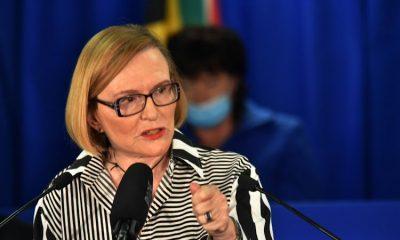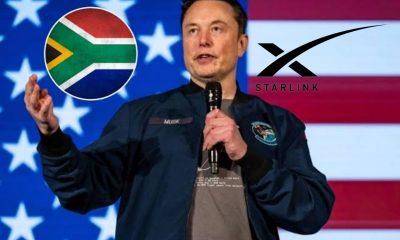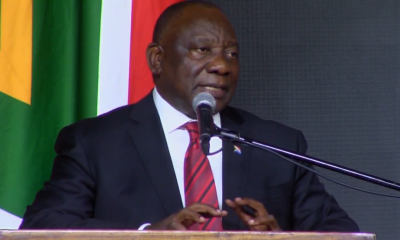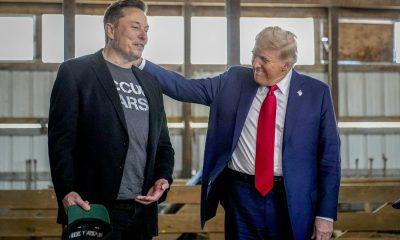Doge today
Elon Musk to Scale Back Role in US Government as Tesla Profits Tumble
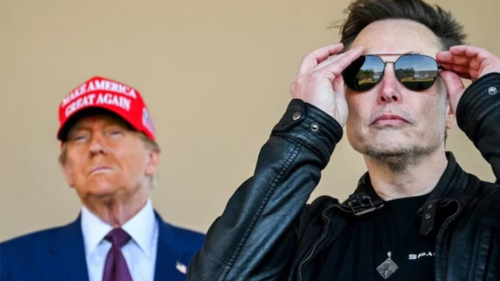
Tesla CEO Elon Musk says he will “significantly” reduce the time he spends leading the Department for Government Efficiency (Doge), an advisory body created under the Trump administration, following a sharp decline in the electric car maker’s financial performance.
The decision comes after Tesla reported a staggering 70% drop in profits and a 20% fall in vehicle sales in the first quarter of the year. Amid mounting investor concern and global protests over Musk’s political involvement, the tech billionaire is now redirecting his focus back to Tesla.
“My time allocation to Doge will drop significantly,” Musk said, noting he would now spend only one to two days per week on the government role, compared to his previous near full-time involvement.
Musk has served as the head of Doge since its inception last year, championing aggressive budget cuts, government job reductions, and public sector reform. But the dual role appears to have come at a cost. Shareholders and analysts have raised concerns that Musk’s political engagement distracted from his leadership at Tesla—a company now battling declining demand and fierce competition.
Backlash and Boycotts
Musk’s political alignment with President Trump and his advisory position have triggered international boycotts of Tesla vehicles. Protesters accuse Musk of prioritizing political power over product quality and company performance.
Temporary government employees like Musk are typically limited to 130 working days annually. That limit, if calculated from Trump’s inauguration, is set to expire late next month. Still, it’s unclear when Musk might step down entirely. While he confirmed his reduced involvement, he also emphasized the importance of the role, stating he would remain involved “as long as the president wants me and as long as it’s useful.”
Trump, for his part, said earlier this month, “I’ll keep Elon as long as I can keep him.”
Tariffs, Tensions, and Tesla’s Tough Quarter
Tesla’s quarterly report painted a grim picture: vehicle deliveries are at a three-year low, margins are thinning, and the company declined to provide a growth forecast. A combination of rapidly evolving trade policy—especially Trump’s tariffs on China—and shifting political sentiment was cited as key headwinds.
Although most Tesla vehicles sold in the U.S. are assembled domestically, the company depends heavily on Chinese-made components. Musk warned that ongoing trade tensions could disrupt Tesla’s supply chain and increase costs.
“I’ll continue to advocate for lower tariffs rather than higher tariffs, but that’s all I can do,” Musk said.
Internal Tensions and Investor Skepticism
Adding to Tesla’s woes, Musk has publicly clashed with other members of the Trump administration. Earlier this month, he called trade adviser Peter Navarro a “moron” after Navarro dismissed Tesla as merely a “car assembler.”
Investor confidence remains shaky. Tesla’s stock had plunged 37% this year but saw a slight uptick in after-hours trading following the earnings release. Analyst Dan Coatsworth of AJ Bell said expectations for Tesla were already “rock-bottom,” citing weakening demand and growing pressure from global competitors.
Despite Musk’s assertion that artificial intelligence will drive Tesla’s long-term success, analysts remain cautious. “Tesla’s problems are mounting,” said Coatsworth.
A New Chapter?
Industry insiders say a renewed focus on Tesla may help the company recover—if Musk truly steps away from his government advisory role.
“Elon is an extraordinary entrepreneur when focused,” said Georg Ell, former Tesla executive for Western Europe. “If he concentrates on the company, people will remember why they loved Tesla in the first place.”
Only time will tell if Musk’s decision to pull back from Washington can help steer Tesla out of its current storm.
{Source: BBC}
Follow Joburg ETC on Facebook, Twitter , TikTok and Instagram
For more News in Johannesburg, visit joburgetc.com



